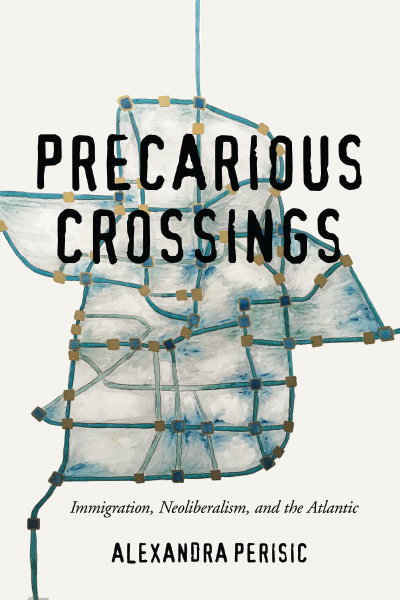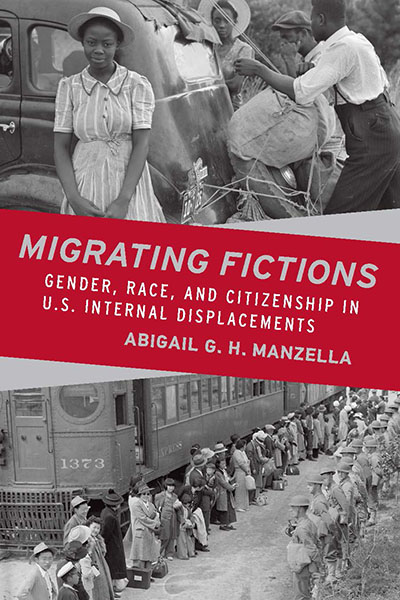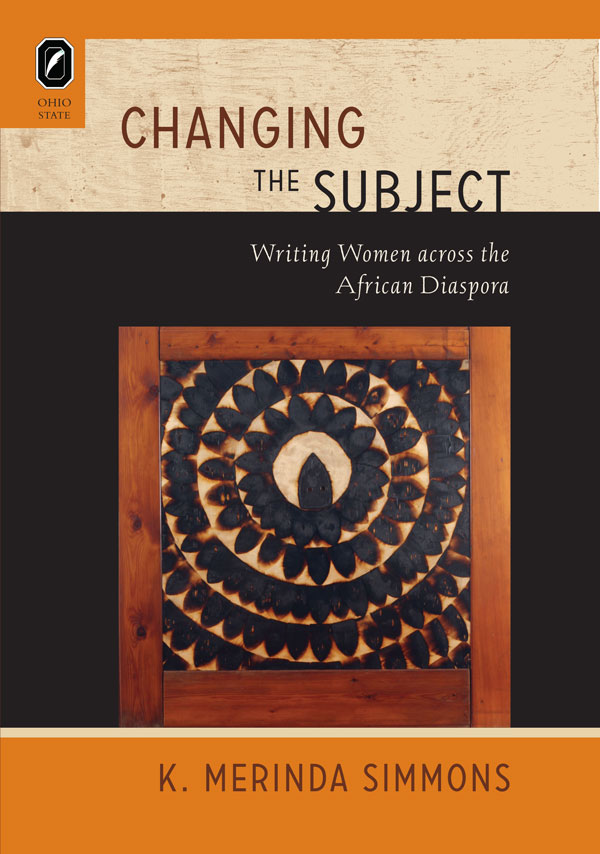“[Perisic's] emphasis on the articulation of globalization, neoliberalism, and precarity is particularly productive.” —Najnin Islam, Contemporary Literature
“Precarious Crossings provides a brilliant study of contemporary literary works published in English, French, and Spanish that deal with transatlantic migrations. Focusing on globalization, debt, labor, and green capitalism, Alexandra Perisic offers an original reading of texts that reflect upon the precarious lives of immigrants.” —Hakim Abderrezak
“Precarious Crossings offers a vital account of a multilingual Atlantic under neoliberalism. With insight and originality, Perisic reads transatlantic immigrant fiction as moving within and beyond the Black Atlantic to show how contemporary novel forms conceptualize global conditions of precarity.” —Angela Naimou
With global debt, labor, and environmental crises on the rise, the precarious position of people in the Global South has become a significant force moving people across countries, continents, and around the world. Through a comparative study of contemporary trans-Atlantic immigrant narratives in French, Spanish, and English, Alexandra Perisic offers an account of a multilingual Atlantic under neoliberalism. More specifically, Precarious Crossings: Immigration, Neoliberalism, and the Atlantic examines how contemporary authors from the Caribbean, Sub-Saharan Africa, and Latin America—including Roberto Bolaño, Giannina Braschi, Maryse Condé, Fatou Diome, Marie Ndiaye, and Caryl Phillips, among others—have reconceptualized the Atlantic from a triangular space into a multipolar one, introducing new destinations for contemporary immigrants and establishing new Atlantic connections.
Perisic argues that in traveling beyond the postcolonial route that connects former colonizer and former colonized, these authors also shift their focus from cultural difference and national belonging to precarity—a condition characterized by a lack of economic and social stability and protection—as a shared characteristic under global neoliberalization. She demonstrates how contemporary Atlantic narratives reveal the contradictions inherent in neoliberalism as an ideology—thereby showing how they further participate in Atlantic literary and cultural dialogues and push against literary conventions of various genre as they explore the complexities of a globalized Atlantic.
Alexandra Perisic is Assistant Professor at the University of Miami.
Contents
Acknowledgments
Introduction Globalizing the Atlantic
Chapter 1 The Atlantic Revisited
Chapter 2 The Indebted Immigrant
Chapter 3 “How to Get Away with Murder”: Multinational Corporations and Atlantic Crimes
Chapter 4 Trans-Atlantic Opacity
Chapter 5 Atlantic Undercommons
Conclusion Comparative Literature in the Age of Neoliberalism
Notes
Index





